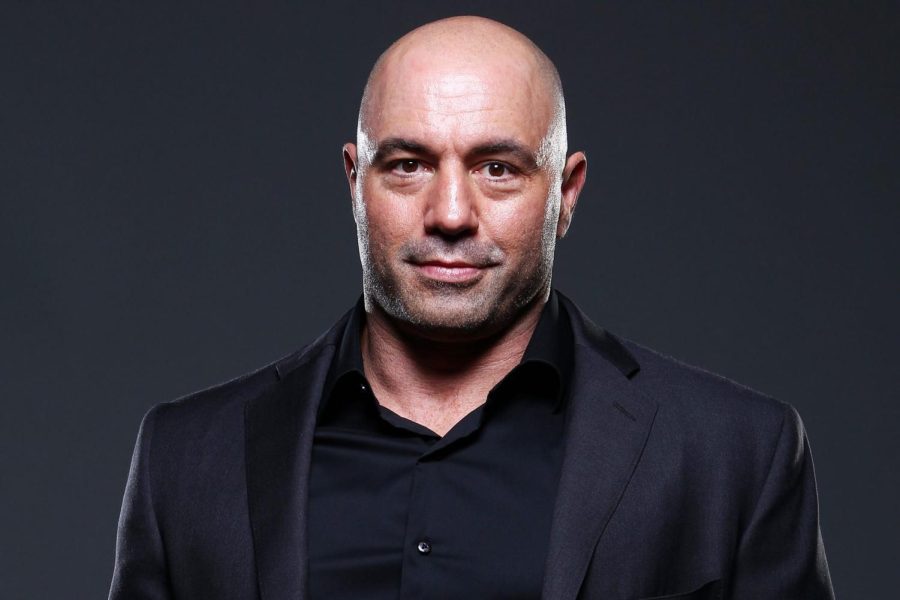Opinion: Social media platforms must actively label misinformation
“The Joe Rogan Experience” originally aired on Dec. 24, 2009. Rogan has since created 1793 episodes and moved exclusively to Spotify.
March 22, 2022
Spotify began adding content advisories to podcast episodes discussing COVID-19 following a series of claims regarding the pandemic and vaccines made by popular podcast host Joe Rogan. Those claims by Rogan resulted in backlash from creators who boycotted the platform in protest of the growing misinformation.
Spotify’s decision sparked outrage online. Free speech advocates took to the internet to defend Rogan’s right to say whatever he wants.
As a journalism student, free speech is an important value to me and everyone I work with. Without it, there would be nothing to stop the powers that be from censoring things that oftentimes need to be said.
However, an important distinction needs to be made. Established journalists rely upon a reputation of factual reporting and a code of ethics to maintain credibility. Those who blatantly misinform the public, misrepresent data and misreport findings do not get to play dress up as journalists.
People with large audiences reliant on them for information should not make statements that lack scientific validity. Unfortunately, some influential people have demonstrated that the truth is no longer the priority.
For starters, Rogan is a champion of a product known as Ivermectin. It’s primarily known for its anti-parasitic qualities and was originally used to deworm livestock before being approved for human use in 1987 to quell parasitic infections, according to Roz Laing, Victoria Gillan and Eileen Devaney, of the “Trends in Parasitology” scientific journal.
In June 2021, Rogan spoke with Bret Weinstien, a biologist who claimed that “Ivermectin alone, if properly utilized, is capable of driving [COVID-19] to extinction,” according to the Washington Post.
Unfortunately, this claim was quite far from the truth. Why? Because Weinstein’s study was nowhere close to credible.
The study in question was ultimately withdrawn due to “major data issues,” according to the Washington Post. Additionally, “the study was also conducted by people affiliated with an interest group that advocates for the use of Ivermectin,” Politifact reported.
On his podcast, Rogan has also said that “young, healthy” people don’t “need” the vaccine. When given the opportunity to change his rhetoric, Rogan didn’t back down despite the plethora of studies showing that the vaccine decreases the likelihood of infection.
Spotify made the right call when they decided to flag misinformation. Free speech and misinformation are not the same, and social media companies must differentiate between them. Without the verification of information, the very fabric of conversation is threatened by those who present fiction as fact.
While we can’t nor shouldn’t manage the way people think, facts deserve to be separated from lies. In the coming months, I hope to see more platforms working to ensure that the information that exists on their platforms is verified.
Fact checking on mainstream sources of media is a necessity for anyone who values the safety and security of our country and the world.








